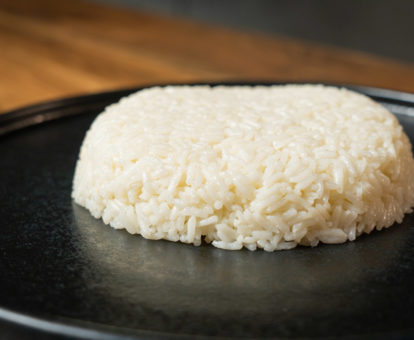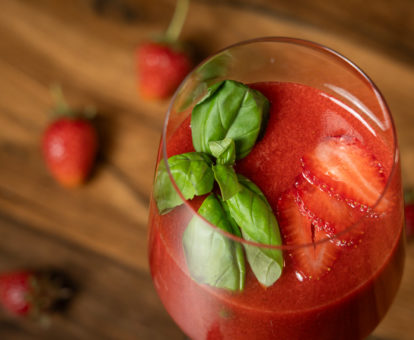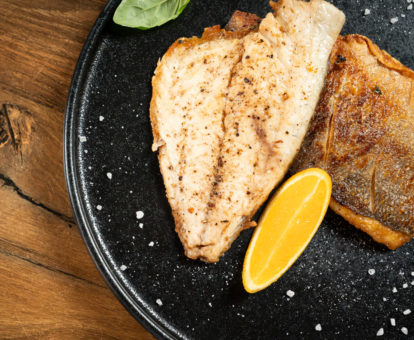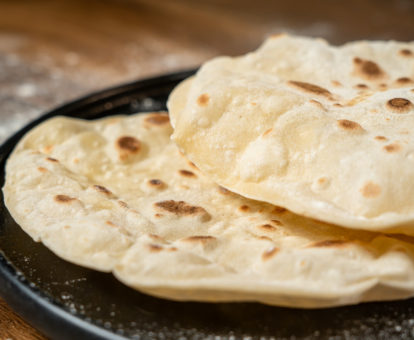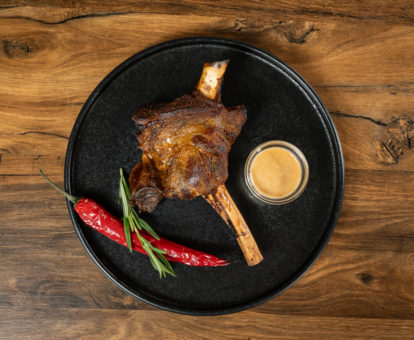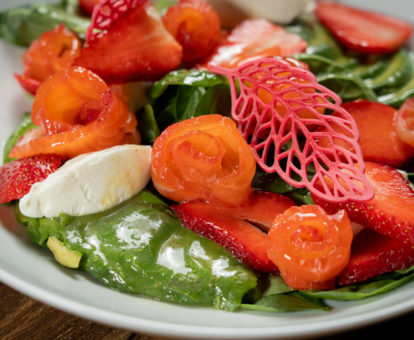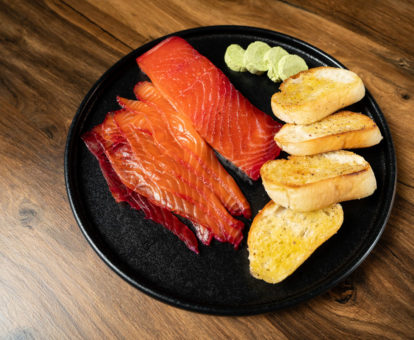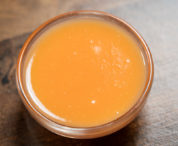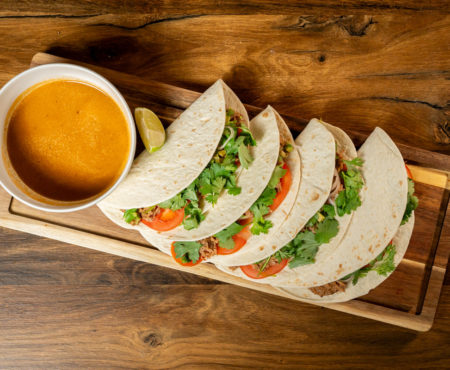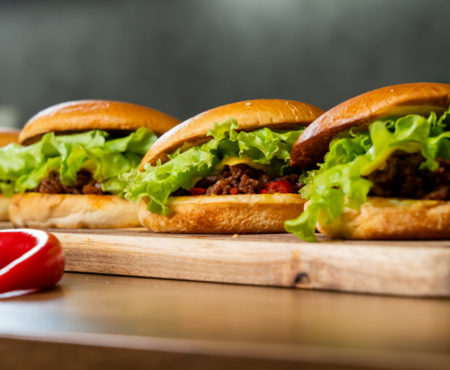8 hours 10 mins
Vadim Rachok
3 hours 45 mins
Vadim Rachok
24 hrs 5 mins
Vadim Rachok
Embarking on an egg-free diet entails eliminating eggs and egg-derived ingredients from one’s diet. This approach is not just about sidestepping whole eggs; it's about being vigilant regarding foods that might contain eggs as a hidden ingredient. Opting for an egg-free lifestyle can be due to allergies, ethical reasons, or dietary preferences.
Egg Allergies vs. Sensitivities: Understanding the Difference
Egg allergies manifest when the immune system mistakenly identifies egg proteins as harmful, leading to potentially severe reactions. Sensitivities, or intolerances, while not life-threatening, can cause discomfort, urging individuals to avoid eggs. Recognizing the signs of each is crucial for managing one’s health effectively.Who Should Adopt an Egg-Free Diet?
An egg-free diet is essential for those with allergies or intolerances. However, individuals looking into ethical eating practices or those aiming to reduce dietary cholesterol might also explore this path. It’s a diet that requires commitment but offers a way to meet health and wellness goals.Decoding Labels: Finding Hidden Egg Ingredients
Vigilance is key in maintaining an egg-free diet. Eggs can hide under various names on ingredient labels, including albumin, globulin, and lysozyme. Learning these terms is crucial for anyone looking to avoid eggs completely, ensuring that what you consume truly aligns with your dietary boundaries.Symptoms Indicating an Egg-Free Diet Might Be Necessary
Symptoms necessitating an egg-free diet range from digestive issues, such as bloating and gas, to skin reactions like eczema. Experiencing these symptoms after egg consumption could indicate that your body might fare better without them.Nutritional Considerations and Substitutes
Removing eggs from the diet raises concerns about missing out on high-quality protein and essential nutrients like vitamin D and B12. Fortified foods, plant-based proteins, and supplements can fill these nutritional gaps. Ingredients like bananas, apple sauce, and flaxseeds can replace eggs in recipes, ensuring you still enjoy your favorite dishes.Innovative Egg Substitutes in Cooking and Baking
In cooking and baking, creativity flourishes with egg substitutes. Aquafaba, the liquid from canned chickpeas, whips up like egg whites, perfect for meringues. Tofu excellently replicates scrambled eggs, offering a protein-rich breakfast option. These substitutes not only mimic the function of eggs but also enhance the nutritional profile of dishes.Living Egg-Free: Practical Tips for Daily Meals
Planning is paramount in living egg-free. Begin with simple swaps in your favorite recipes and gradually expand your repertoire. Keeping a well-stocked pantry with egg-free staples ensures that meal preparation remains stress-free. Reading labels becomes second nature, safeguarding against accidental intake.Eating Out and Social Gatherings on an Egg-Free Diet
Dining out and attending social events require communication and preparation. Don't hesitate to inquire about ingredients and request modifications when eating out. At social gatherings, bringing an egg-free dish not only guarantees you have something safe to eat but also introduces others to the possibilities of egg-free cuisine.Egg-Free Recipes to Inspire Your Meal Planning
Innovative egg-free recipes abound, from fluffy pancakes made with banana and baking powder to rich, decadent cakes leveraging silken tofu or commercial egg replacers. Exploring egg-free recipes can be a delightful culinary adventure, uncovering new favorite dishes that don't compromise on flavor or texture.Conclusion
Adopting an egg-free diet opens a new chapter in culinary exploration, offering a way to enjoy a diverse and nutritious diet while addressing health concerns or ethical considerations. With a plethora of resources available, from online communities to cookbooks dedicated to egg-free cooking, navigating this lifestyle becomes an enriching journey toward improved well-being. As a seasoned nutritionist, I advocate for an informed approach to any dietary modification. An egg-free diet, when well-planned, can meet all your nutritional needs while offering delicious and satisfying meals. Whether you're navigating allergies, ethical eating, or simply curious, the egg-free path is rich with possibilities.










